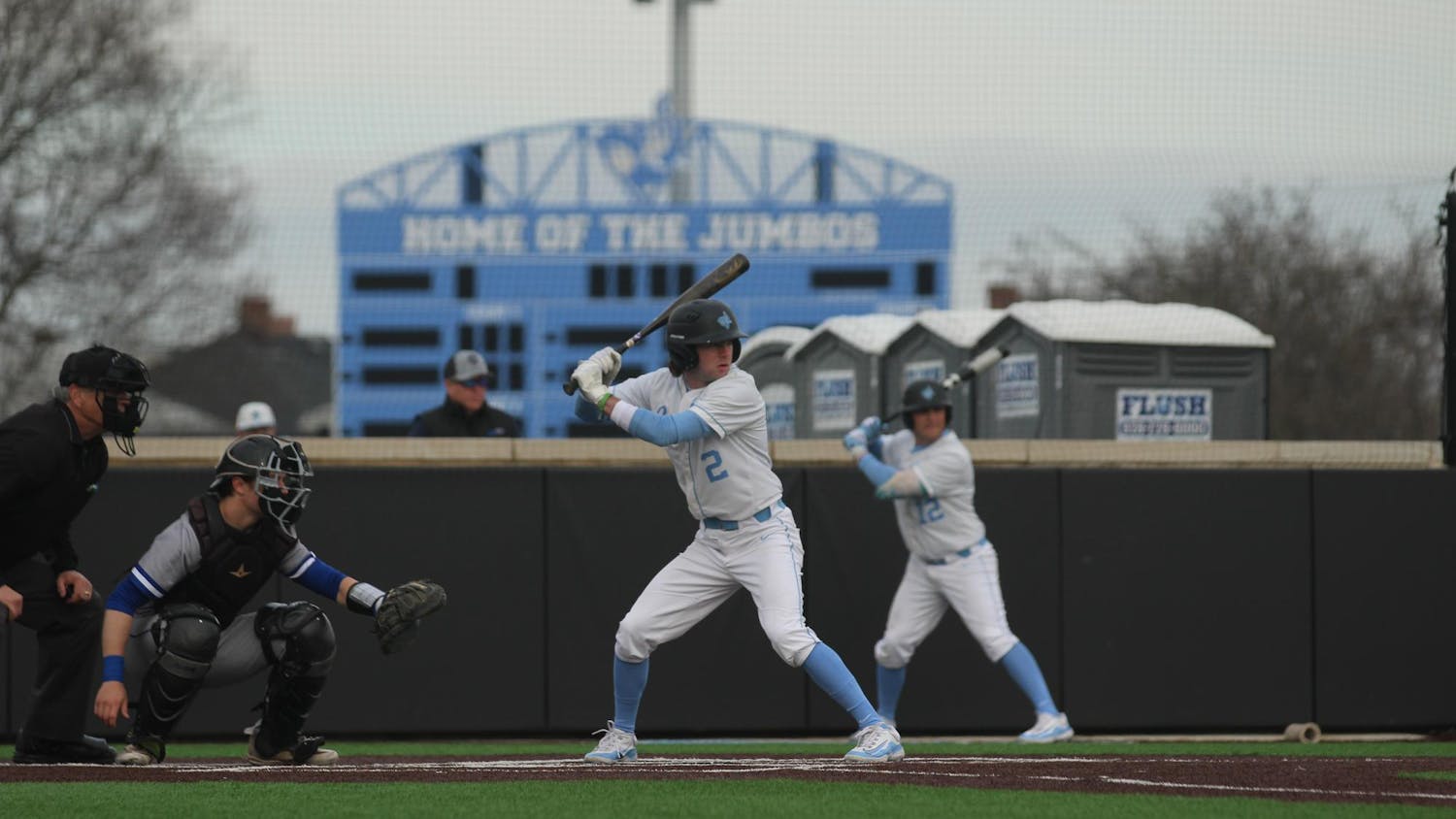I write the following column not as a Red Sox fan (although if a little of that sneaks in, I apologize -- I can't help it), but simply as a fan who enjoys the game of baseball and would like to avoid all the baggage that comes with it.
I'm getting sick and tired of Manny Ramirez.
No, not the Manny Ramirez who has hit 527 career home runs, sports two World Series rings and recently signed one of the richest contracts ever given to a 36-year-old. That guy's all good in my book. He's one of the all-time greats.
What I'm really sick of is the Manny Ramirez that's been portrayed in the media recently through very little fault of the actual human Manny Ramirez. I'm tired of the Green Monster-peeing, fan-high-fiving, fight-starting, immature, greedy, lazy Manny Ramirez. In short, I've had enough of the media phenomenon known as "Manny being Manny."
It's reached the point where it all blurs together for me. A simple Google News search reveals the following headlines from the past week: "Manny being manly," "Manny being money," "Manny being greedy," "Manny being clueless" and "Manny being signed." All cheesy, pointless spinoffs of a catchphrase that's lasted way too long.
On August 2, 2005, as the Red Sox trotted onto the field at Fenway Park for their first game after the passing of the '05 trade deadline, Manny Ramirez walked out of the Green Monster carrying a sign that read "The Next Episode... Manny being Manny." The fans loved it. Four innings later, he launched a three-run homer to dead center. They loved it even more.
"Manny being Manny" came to mean a combination of things -- it meant laziness, apathy and selfishness, sure, but it also meant that as long as he still gave you his 40 home runs a year, you'd accept all the added baggage that came with them. I'm guessing that Manny regrets carrying that sign out into the Fenway left field that night four years ago.
That was the night he acknowledged, publicly, that he was accepting the labels thrown at him by the media, the fans and the teammates (such as Kevin Millar, who designed the infamous sign, according to legend) who never really understood who he was.
According to many in Boston, Manny was one of the team's hardest workers, often showing up to night games around noon when the clubhouse was empty just to get a few extra swings in. He cared more than anyone about improving himself as a hitter. But that wasn't the storyline that appealed to the fans in Boston. No -- to them, he was a "savant."
If you ever wonder why Manny Ramirez was so desperate to leave Boston, look no further than the awful treatment he received over his eight years here. He was mocked, laughed at and resented. When he was here, people wanted him gone; when he ended up staying at the trade deadline every year, people took him for granted. Two hundred seventy-four home runs in a Red Sox uniform, and how many people actually appreciated how hard he worked to make himself the player he was -- and still is today?
Not enough. That's why today, he's in Dodger blue.
When ESPN's Colleen Dominguez asked him last week about how he's been judged throughout his career, he responded that "before you say anything about a person, you got to know the person. You got to know what kind of person he is."
I don't think anyone in Boston ever gave him that chance. We were all too eager to label him rather than understand him. Rather than treat him as a human being -- with a wife, a home, three kids and a baseball career -- he was a space cadet who happened to have a God-given gift for hitting. That was "Manny being Manny."
But ask Manny about that ugly little three-word cliché in 2009, as Dominguez did last week, and what does he say?
"I don't know what that means. I wish I could know."
I wish I never learned.
--
Evans Clinchy is a senior majoring in English. He can be reached at Evans.Clinchy@tufts.edu.





